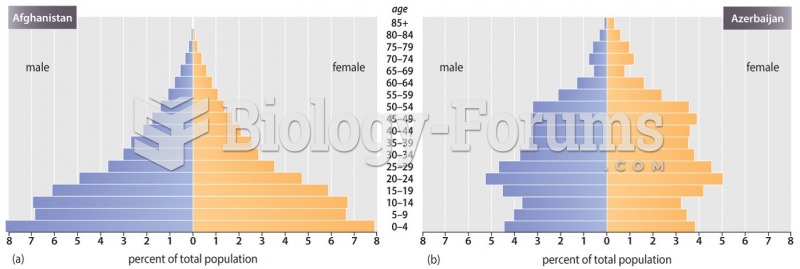Answer to Question 1
Answer: 1, 3, 4
Explanation: 1. Initial areas of concern for parents of children with a chronic condition include developing specific care skills, reorganizing family roles to incorporate care of the affected child, and continuing to meet other family and social responsibilities. Using the Internet for support would be helpful to meet the needs of the family with a terminally ill child. Encouraging the child's development supports the child's needs and not necessarily those of the parents.
3. Initial areas of concern for parents of children with a chronic condition include developing specific care skills, reorganizing family roles to incorporate care of the affected child, and continuing to meet other family and social responsibilities. Using the Internet for support would be helpful to meet the needs of the family with a terminally ill child. Encouraging the child's development supports the child's needs and not necessarily those of the parents.
4. Initial areas of concern for parents of children with a chronic condition include developing specific care skills, reorganizing family roles to incorporate care of the affected child, and continuing to meet other family and social responsibilities. Using the Internet for support would be helpful to meet the needs of the family with a terminally ill child. Encouraging the child's development supports the child's needs and not necessarily those of the parents.
Answer to Question 2
Answer: 1
Explanation: 1. Families with children experiencing a chronic illness may need assistance in developing coping skills that will help them adapt to the burden of care. Families may use three types of coping to help them adjust. Appraisal-focused coping addresses family members' appraisal of the meaning of the stressor. Problem-focused coping is action oriented and involves planning and action to deal with sources of stress. Emotional coping strategies are designed to regulate emotional responses to stress. Examples of emotional coping strategies include exercise. Future-focused is not a category of coping.







